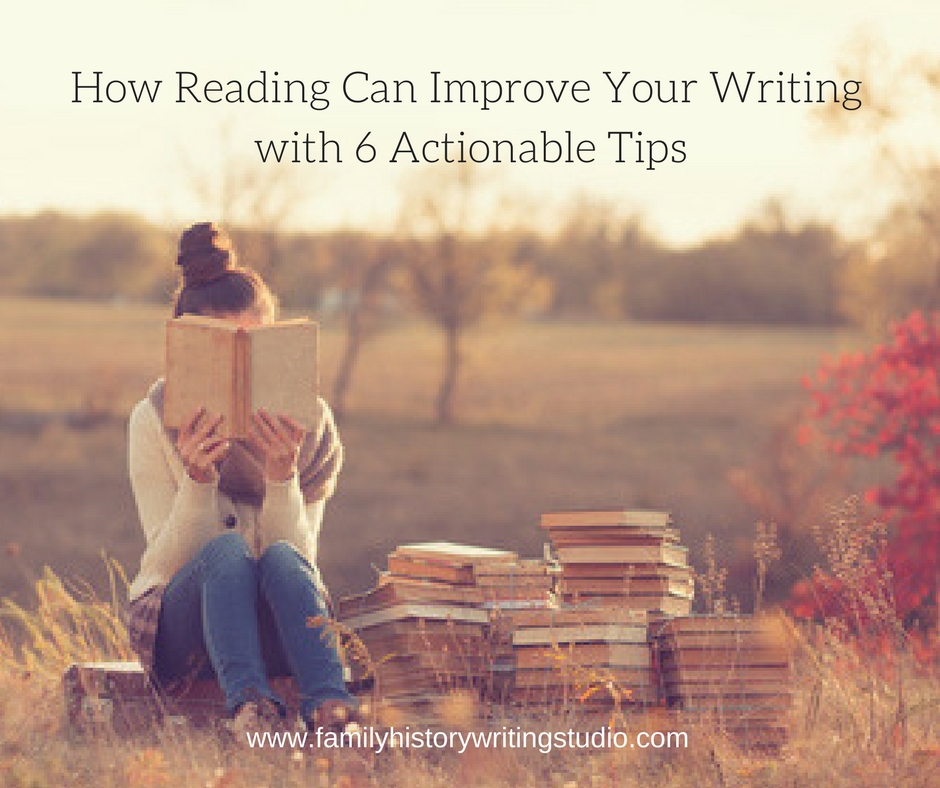“If you don’t have time to read, you don’t have the time (or the tools) to write. Simple as that.” —Stephen King
I believe three things make you a better writer.
Learning the craft of writing.
Practice, practice, practice.
Reading books by other authors.
I can help you to learn the craft of writing. The practice, well, that’s on you. So today, let’s address the third item on the list, reading. Let’s first look at why reading can make you a better writer.
A good writer should read for pleasure but to also learn the craft of writing. When we read the books by other authors, styles, voices and other genres, we expand our knowledge. Most importantly, it presents us with writing that’s better than our own, and through osmosis, as well as applying the techniques it helps us to improve our own writing. Reading can help you to expand your vocabulary and to craft better sentences. It helps you to understand language better. Quite simply reading helps you to learn from the best and gain new knowledge.
Reading can help you to understand how others think and process information. This is an important skill to learn if you wish to express yourself through the written word to others. When you analyze what you read and share it with others, you learn to understand a book and in turn convey that understanding to others.
Reading reveals the secrets of a writer’s job in practice. And finally, you will find reading will offer inspiration.
6 Tips for Improving Your Reading Skills
-
Establish some good reading habits.
Dedicate a set amount of time each day for reading. I like a minimum of 60 minutes. Somedays, I will read more. But no less than 60 minutes every day. Carry your book with you to maximize your time. Consider making a book list and plan your reading for the year. I choose a minimum of 24 books each year. That’s 2 books a month. My goal is to improve on this each year. Choose your books wisely, plan your books, read from a variety of books from classics to trash to contemporary literature. Read outside your genre. Join a book club – it forces you to read books outside of your genre, to read with a deadline and to read with a critical eye.
-
Take notes.
Break down the stories you read. Analyze character, plot and theme. Highlight passages, make notes of words or passages that stand out for you and the effects they create. Make notes throughout the reading process. I love Kindle for this reason. I can highlight passages and make notes right in the Kindle. After finishing the book write a one-page Keep a binder with your one-page summaries of each book you have read.Write reviews, Amazon, Goodreads, or consider a book review on your blog. It helps you to analyze the book and think about the story with a more critical eye.
-
Consider creating a reading journal.
A reading journal combines the skills of reading and writing. You record your impressions and ideas about a book you’ve read in your journal. A reading journal will help you record the not only the feelings it created within you as you journeyed with the characters but the writing lessons you learned. It is worth taking a few minutes after each book to record your thoughts in a reading journal. All these things can help you become a better, offer inspiration and build your confidence.
-
Try the techniques you’ve learned in your writing.
Experiment with what you discovered, and then give the techniques you’ve discovered a twist to make them your own.
-
Don’t read more than two books at a time
I recommend limiting the number of books that you read at once. If you do read two books at a time, read from two different genres, for example, read a fiction and nonfiction.
-
Enjoy your reading.
Don’t waste your time reading books you are not enjoying. Life is too short to read a book you dislike. But before you put it down learn from it. Identify why you are struggling. Write down your analysis of why the book is not landing for you before you move on. We can learn from the bad books as well as the good ones.
To learn more about how to read to write, I recommend. How to Read a Book by Mortimer J. Adler and Charles Van Doren. For more books visit our Writers’ Resource Page. (affiliate links)
